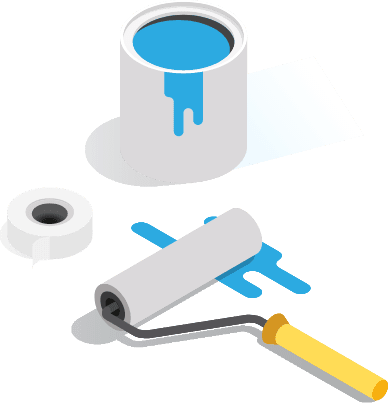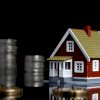
Most people are aware of the cost of a deposit and subsequent monthly mortgage repayments, but it's common to forget to plan for the expenses associated with purchasing, owning and then selling a property.
It’s well known that investing in property can increase your wealth, which is why 1.7 million Australians own at least one investment property.
The real estate market is now so lucrative that a third of new investors are first home buyers opting to enter the market as an investor instead of an owner occupier.
But as with every investment, there are a handful of additional costs that could catch a new property investor unaware.
While most people are aware of the cost of a deposit and subsequent monthly mortgage repayments, they forget to plan for the expenses associated with purchasing, owning and then selling a property.
Here’s my list of important costs all investors should keep in mind before making their next purchase.
Stamp Duty
Just like almost everything you buy in Australia, you have to pay tax – or stamp duty – on your property purchases. The price varies from state to state, but as a rule of thumb, stamp duty is calculated in relation to the value of the property. One trap investors commonly make is thinking stamp duty is the same if they were to purchase as an owner occupier. In actual fact, it’s much higher for investors and therefore can impact your purchasing power. For instance, for a $500,000 house in Victoria, you will be required to pay approximately $27,000 in stamp duty.
Conveyancer fees
Signing the dotted line on your property contract is exciting, but it also means you’re going to need legal representation to conduct the settlement. The cost of hiring a property conveyancer won’t cost you an arm and a leg, but expect to fork out up to $2,000 for their services.
Land Tax
Unfortunately, stamp duty isn’t the only tax you will have to pay as an investor. You may also be required to pay land tax annually. Land tax is typically calculated on the total taxable value of the property. In Victoria and NSW, it is levied on December 31 each year, while in other states it’s on June 30. Add that one to the calendar!
Outgoings
Although you may not be living in the property, you will have to pay for any outgoings. Remember to budget for annual water rates, council rates, landlord and building insurance on an annual or quarterly basis. Most property managers should be able to manage this for you and pay these out of your rental income so it’s much easier for you too.
Another ongoing cost to factor in is property management fees, which you will have to pay if you’re leasing. And don’t forget the expenses that come with the maintenance of the house, such as repairs and gardens.
Capital Gains tax
Yes, another tax to pay! When you come to sell your investment property, you’ll also need to pay capital gains tax on your profit since the time you purchased. If you held the property for 12 months or more, which is advised for any investor, you will receive a 50 per cent discount. But if you sell the property in a shorter space of time you will have to pay tax on 100 per cent of your profit.
When considering purchasing an investment property, develop an annual budget to ensure that you will have adequate cash flow throughout the year to accommodate these additional ongoing costs. That said, accommodate for the fact that many of these costs can be claimed back against your income as you will be entitled to a tax benefit through your investment property.

Frank Valentic
Frank founded Advantage Property Consulting in 2000 and has since built a strong reputation as an advocate for buyers, sellers, and investors. He’s helped literally thousands of Melburnians find and move into their dream home, as well as helping hundreds of people find long-term security through developing successful property portfolios.
Who better to help with important property decisions than someone who’s spent the better part of two decades building their own extensive property portfolio? Frank is familiar to many from his TV appearances on Hot Property, Hot Auctions, Channel Nine News and The Block. He also writes for various media publications and has won many of the industry’s most coveted awards – some multiple times.








